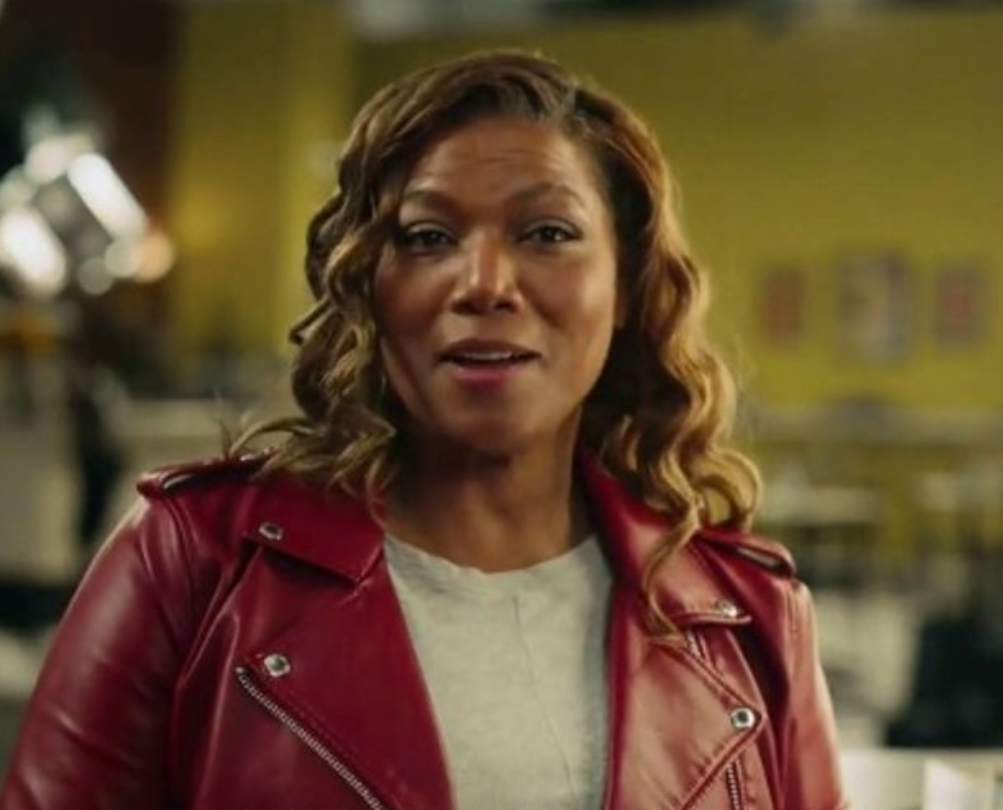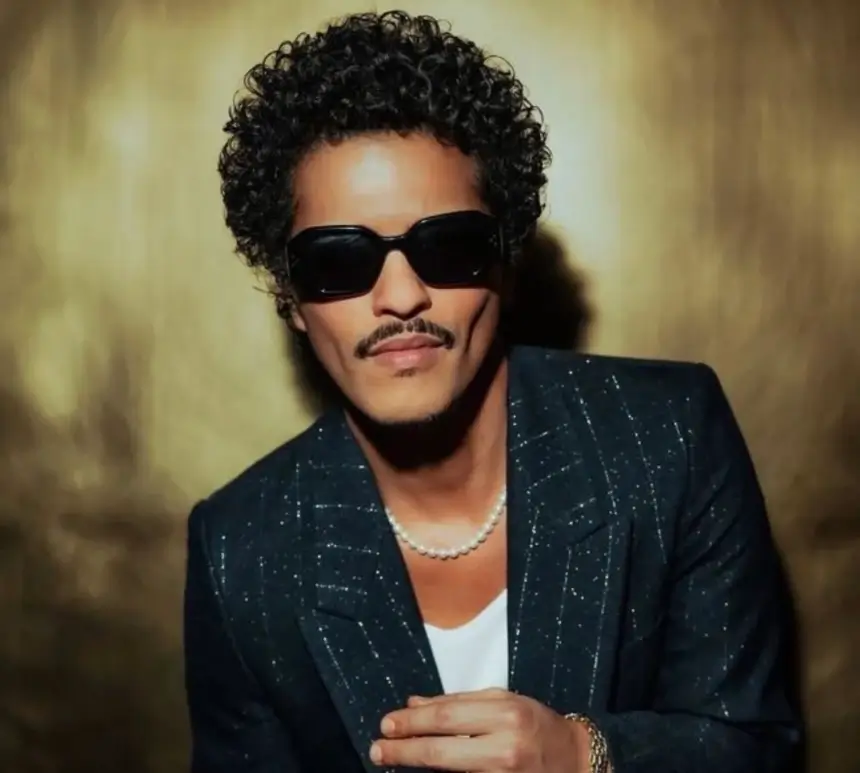Queen Latifah is not new to defying expectations. She emerged in hip-hop as a commanding voice of empowerment, took Hollywood by storm with her charisma and complexity, and reshaped how Black women are seen in both media and medicine. Now, in a collaboration with pharmaceutical giant Novo Nordisk, the multi-hyphenate is using her influence to confront one of the most urgent, yet under-discussed public health crises in America: obesity and its connection to heart disease — particularly within the Black community.
Her advocacy does more than inform; it disrupts. By stepping into this new role, Queen Latifah is reframing not only how society approaches chronic illness, but also how individuals perceive their self-worth and health narratives — a revolution she began long ago through both her artistry and personal journey.
A Public Health Emergency in Disguise
Obesity is often cloaked in societal judgment rather than treated as a systemic and medical issue. The stigma surrounding weight, especially in Western cultures fixated on aesthetic ideals, has long prevented people from seeking help — or even being taken seriously by healthcare professionals. According to the CDC, more than 40% of American adults are obese, and the rate is even higher among Black adults, particularly Black women.
Yet, the conversation often reduces this complexity to individual failure. Queen Latifah challenges this misconception head-on, bringing visibility to the deeper realities behind obesity: access to health care, food deserts, cultural stigmas, economic inequality, and intergenerational trauma. “This is something that has affected my family firsthand,” she said in her recent campaign with Novo Nordisk. Her words serve not just as testimony but as a clarion call to recontextualize obesity as a chronic disease that intersects with racial and gendered inequality.
Reclaiming the Narrative: Mental Health, Body Image, and Visibility
For decades, Queen Latifah has navigated the entertainment industry while consistently affirming her identity beyond traditional beauty standards. From her early days as a hip-hop artist challenging misogyny in rap to her breakout film roles in Set It Off, Chicago, and Last Holiday, she has always stood for representation that is complex, dignified, and unapologetically human.
Her portrayal of blues legend Bessie Smith in HBO’s 2015 biopic Bessie marked a pivotal moment. The film didn’t shy away from the physicality of Smith’s life — her queerness, her full-figured body, her vulnerability, and her power. For Latifah, stepping into that role wasn’t just about honoring a music icon; it was about embodying someone whose presence demanded space in an industry that often erases women like her. The performance earned her critical acclaim, but more importantly, it illuminated the possibility of seeing full-bodied, emotionally rich women on screen without the usual caveats or caricatures.
This artistic vulnerability laid the groundwork for her latest advocacy. Latifah is not simply endorsing a health initiative; she is living proof of the emotional terrain that health journeys demand. Her message emphasizes not only treatment and science, but mindset — the “mental shift” she spoke about — that must accompany healing and self-care, especially in a culture that tells marginalized people their bodies are inherently wrong.
Black Women and the Burden of Resilience
The cultural expectation of strength has long burdened Black women. From media depictions to personal relationships to healthcare settings, Black women are expected to endure without complaint, often at the expense of their own well-being. Obesity, in this context, becomes more than a physical condition; it’s emblematic of how societal neglect accumulates in the body. Queen Latifah’s decision to publicly address this — not from a place of shame but of empowerment — disrupts the silence around a struggle many face but few articulate.
What’s most radical about her work with Novo Nordisk is the nuance it brings to these discussions. It’s not about promoting a singular path to weight loss. It’s about affirming the right to be healthy in a body that may not conform to narrow ideals, and addressing the medical and psychological toll that stigma, exclusion, and misinformation can take. Her advocacy emphasizes that seeking medical help for obesity isn’t vanity — it’s survival. And for Black women, survival has always been a revolutionary act.
Beyond the Campaign: Shaping Culture Through Compassion
What makes Queen Latifah’s mission so effective is its authenticity. She isn’t delivering rehearsed lines or posturing for public favor; she’s sharing lived experience. She talks about familial health struggles, the pressure to appear invincible, and the need for compassion both inward and outward. In doing so, she recasts public health advocacy not as top-down messaging, but as a collaborative conversation rooted in dignity.
There’s also a cultural literacy embedded in her approach — an understanding that health, particularly for marginalized groups, cannot be separated from context. You cannot treat obesity without addressing food insecurity. You cannot encourage medical consultation without confronting provider bias. You cannot preach wellness without making space for grief, trauma, or joy. Queen Latifah brings this intersectional sensibility to her activism, bridging the often-siloed domains of medicine, media, and social justice.
The Legacy of Healing
Queen Latifah’s health journey, both personal and public, adds another chapter to her already expansive legacy. This is the same woman who rapped “UNITY” when misogyny was rampant and unchallenged in hip-hop. Who demanded to be seen on her own terms in film. Who cultivated a brand of stardom rooted not in fantasy, but in radical presence.
By confronting the realities of obesity and its disproportionate impact on Black lives, she’s wielding that legacy once again — not as a celebrity spokesperson, but as a cultural steward. She reminds us that to talk about obesity and heart health is to talk about family, about access, about truth-telling and transformation.
This is not simply a campaign about weight. It’s a call to redefine what health looks like, what beauty feels like, and what advocacy sounds like. With Queen Latifah leading the conversation, that call feels not only timely, but finally heard.
No comments yet.








